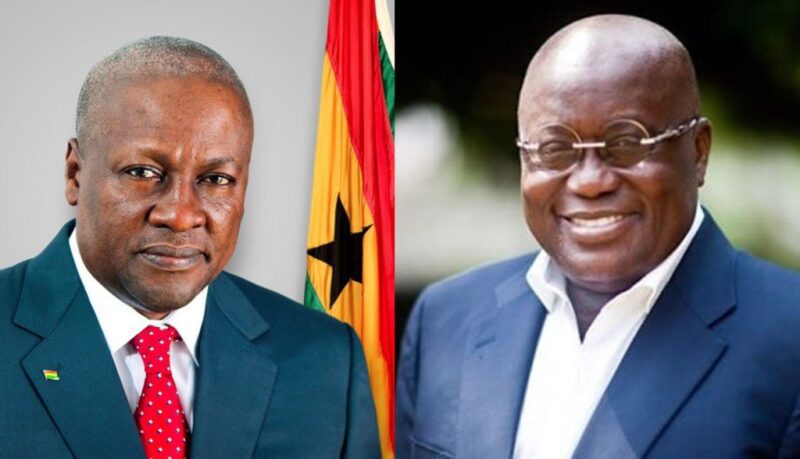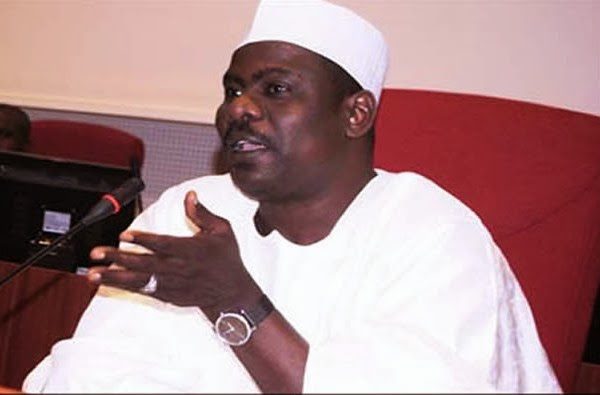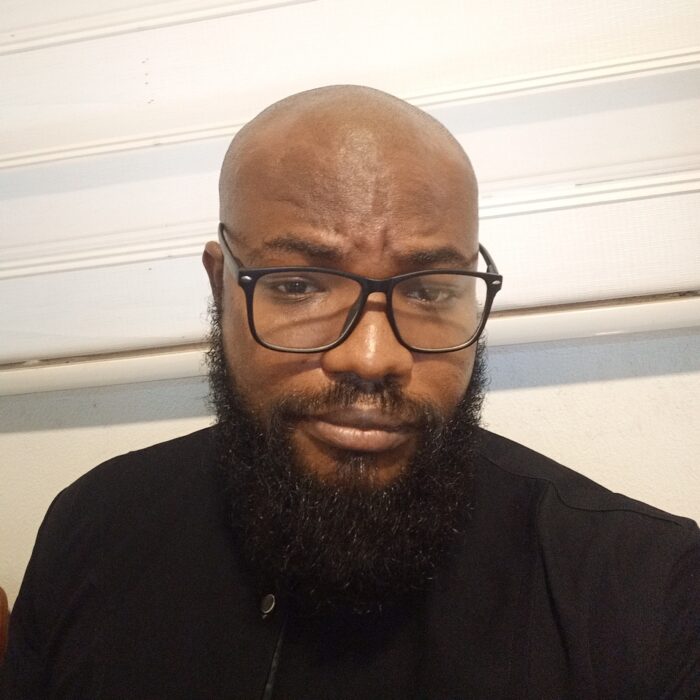Global Issues
Will Ghana Follow Nigeria’s Example of Voting for Change? -By Idayat Hassan


Ghana, West Africa’s poster child for democracy, goes to the polls on Wednesday December 7 to elect new leaders. As the presidential election draws closer, the word on the street is that it will be a straight contest between the National Democratic Congress (NDC) and the National Patriotic Party (NPP). It is as yet uncertain whether the Nkrumaist elements can claim enough votes to emerge as a third force in the electoral system.
The last election, held in 2012, featured the same leading presidential candidates: incumbent President John Mahama (NDC) and opposition leader Nana Akufo Ado (NPP). Just like neighbouring Nigeria, John Mahama assumed office as the president of Ghana following the death of his principal, Atta Mills. In a tightly run race, Mahama emerged as the winner of the December 2012 election. Same candidates, same scenarios, and the NPP candidate is also running for the third time in twelve years (in another similarity, Nigerian counterpart Muhammadu Buhari ran for president four times before emerging as the winner in 2015).
The campaign slogans of the political parties pervade the air: the NDC is running its campaign with the mantra “transforming lives” while the opposition NPP is running a “change agenda”. Can Ghana recreate the change experienced in Nigeria last year, when opposition defeated incumbent? Even as controversial Nigerian governor, Ayodele Fayose of Ekiti state, several days ago called on Ghanaians not to fall for the change mantra because change has brought problems to Nigeria, the question remains: can change be replicated in the Ghana election?
There are around 25 political parties contesting in the general election, with only seven candidates in the presidential election (six representing political parties and one as an independent). This is an improvement on the initial four candidates cleared by the Ghana Electoral Commission (EC). The EC had previously disqualified 12 presidential nominees from contesting in the election due to issues including errors on forms, forgery, incomplete forms, different signatures of nominees and invalid endorsement. This led the Progressive People’s Party (PPP) and (NDP) to approach the court and, ruling in their favour, the EC was mandated to allow disqualified candidates to correct mistakes on their nomination documents.
In fact, there have been recurrent problems surrounding the EC in the run up to the election. The first skirmish between the people and the EC commenced with the introduction of the new logo by Ms. Charlotte Osei on assumption of office as the chair of the Commission. The Ccommission was criticised in several quarters for introducing a new logo instead of concentrating on updating the voters’ register, while some even attached diabolical connotations to the logo.
The Ghanaian election has, however, been completely judicialised. This is inspiring, and should serve as a very interesting lesson to her neighbour, Nigeria. One such interesting case is the use of National Health Insurance (NHIS) cards as a means of identity verification when voting. In 2014, the plaintiff (Abu Ramadan and Evans Nimako) obtained a perpetual injunction restraining the EC from using NHIS cards as identity cards for voter registrations. However, the plaintiff again approached the Supreme Court for an order requesting the EC expunge from the voters’ register the names of all persons who registered and voted in the 2012 election using their NHIS card as proof of identity. In delivering its judgement, the Supreme Court ordered the deletion of the names of all those who registered with NHIS cards and further ruled that the EC remove the names of all other ineligible persons, including the names of deceased persons. The EC nevertheless refrained from rendering the voter register invalid.
Another issue generating rancour between the EC and the political parties is the special vote and its procedure for the election. The special vote allows registered voters who aren’t able to vote at their polling unit on election day, to apply to vote on an appointed day ahead of the election day. At first, an initial 65,000 people were announced to be on the list. However, this list was updated to 114,813 people and has now been increased further to 127,394 people. There are allegations that new people – specifically, newly recruited police officials – were added to the list, less than 42 days before the election, and after the legal time limit for registering. This has led some political parties to argue that the EC is not conforming to its own rules and regulations, including the Ghanaian Constitution of 1992.
A further problem faced by the EC is that it was sued with relation to the special voting procedure. This occurred because three members of the NPP approached the court requesting that the results of the special voting be announced at the closure of the polls. However, the Supreme Court dismissed the suit. Altogether, in no small way has the EC of Ghana come under serious attack from the political parties. Even so, it is commendable that at every point in time such matters have been addressed in court. It must be pointed out that the plethora of cases brought before the court have caused concern among many pundits and citizens, leading to widespread doubt that the election would be held according to schedule.
The lack of trust in the EC and its leadership is a worrisome development, alongside other accusations and counter-accusations of abuse of processes. The EC has also been accused of favouring a particular political party. The leadership of the EC has a lot to do to debunk the allegations levelled against it – whether founded or unfounded. It must immediately prioritise building trust in the system and winning the hearts of citizens.
As election day draws closer, Ghanaian politicians are securing endorsement left, right and centre. Endorsement has been pouring in from celebrity artists, chiefs, business moguls, and even men of God are no exception. In fact, Rev. Prophet Owusu Bempah of the Glorious Word Power Ministry prophesied that the NPP Presidential Candidate, Nana Addo Dankwa Akufo-Addo, would win the 2016 election.
As is the case with many politicians across Africa, President Mahama has been utilising the power of incumbency to unveil new projects. These mostly involve physical infrastructural development across the country but also include controlling media spaces with his adverts and billboards plastered across the country. This is complemented by the Rock Da Vote concerts hosted by Ovation International. The concerts, which can be likened to the concerts organised by Transformation Ambassadors of Nigeria (TAN), showcase the infrastructural development of President Mahama. To further complement Ovation International’s efforts, popular Nigerian comedian, Osuofia, was also invited to Ghana to campaign in support of President Mahama.
The stakes in the election are so high that the two leading political parties, NPP and NDC, are busy promising El Dorado, to woo voters. For instance, the NPP have promised to build a factory in each district of the country. In an attempt to counter this promise, the NDC have promised to pay members of the 216 Assemblies in Ghana salaries as against the existing practice of sitting allowance. Citizens groups have been playing a key role in holding these politicians accountable by keeping records of the promises they have been making. IMANI Centre is already running extensive analysis of the Ghanaian election by tracking the political parties’ manifestos and how they match citizens’ expectations. We can all but expect the group to initiate a promise-tracking mechanism like Nigeria’s Buharimeter to monitor the implementation of campaign promises of the eventual winner of the election.
In an unfortunate challenge to free speech, the Inspector General of Police (IGP), John Kudalor, in May, considered the idea of Ghanaian authorities shutting down social media platforms during the election. This was in spite of the fact that Ghana is the first country in West Africa to announce its election results on Facebook. In 2012, the results of the presidential election were announced via Facebook after the EC websites went down due to technical challenges. It would have been a sad occurrence if West Africa’s beacon of democracy had allowed Mr. Kudalor’s idea to sail through.
The Ghanaian election has also been replete with political violence. The sudden phenomenon of henchmen has creeped into the polity. These are mostly local vigilantes loyal to the leading political parties. Prominent amongst these groups are the ruling NDC’s “Azorka Boys” and the opposition NPP’s “Bolga Bull Dogs” and “Invincible Forces”. However, the NDC continues to claim that they have no vigilante groups, while the NPP has argued that the lack of equity on the part of security forces makes keeping local vigilantes loyal to their cause inevitable.
Only a few days before the election, the atmosphere is tense after disputes between the NPP and NDC. The NPP has made new allegations against the NDC presidential candidate and his brother for attempting to bribe the NPP Northern Region Vice Chair, Bugri to leave the NPP. Bugri alleged he was offered several SUVs and money to blaspheme NPP and its candidate in the election. This has generated a lot of backlash between the two parties, with calls for investigation and prosecution.
The issues that will define the 2016 Ghana general election are the same problems that plagued Nigeria in the 2015 general election: unemployment, corruption, incessant power outages or lack of electricity, a dual tax burden on the working class, an increasing debt portfolio and dearth of infrastructural development. Does either of the two leading political parties in Ghana have the magic wand to resolve the major problems plaguing the country? That will be decided by Ghanaians when they go the polls to choose between the slogans of “change agenda” or “transforming lives”. However, what people really crave is a glimmer of hope.
Idayat Hassan is the director of the Centre for Democracy and Development, Abuja and tweets at @hassanidayat




















